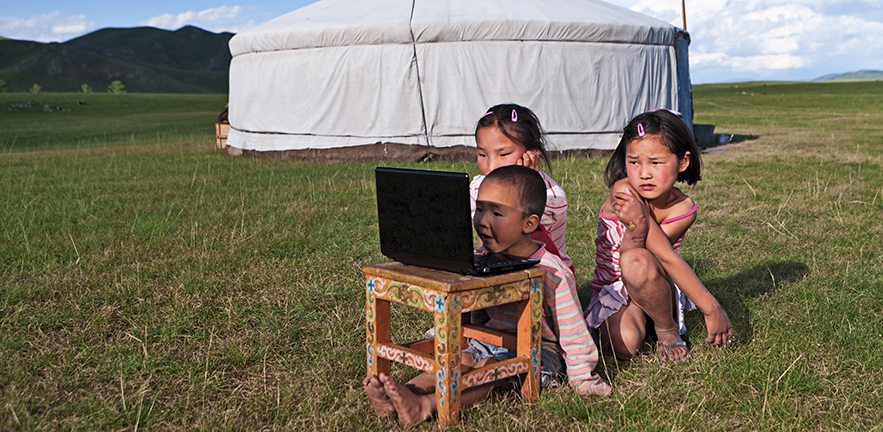Today there are some 7000 languages on our planet, spoken by a plethora of peoples in a huge number of cities and villages and in a menagerie of different cultures. But that number is expected to decline rapidly in the next few decades. What is lost when language dies?


Hóla!
We are blessed to live in a world of rich linguistic diversity where access to languages has never been easier. But when choosing to learn a language, how do you decide on which to focus your efforts?
Well, the sad reality is that your options are actually far fewer than those numbers suggest. Very few of this smorgasbord of tongues are found on the menus of even the most eclectic language schools. You already know the chefs’ favourites: English, Spanish, French, Mandarin, etc. Their favoured position is no coincidence, a vanishingly small number of languages dominate world culture: a whole 40 per cent of the world’s population speaks one of only the top eight languages.
Being able to converse with a wide range of different people is one of the main reasons people learn languages. But aren’t languages worth more than just the sum of all the people that speak them?
Language is more than just words
In fact, numerous psychological and sociological studies document that different languages are not just different ways of communicating – they are different ways of thinking altogether. In other words, learning to speak in other words, actually means learning to think in other ways too. Did you know that the Mongolians do not have a word for ‘please’ or in Alamblak, a language of Papua New Guinea, there are only words for one, two, five and twenty and all others are built of those? These different ways of thinking are part of shared human culture heritage. And just like in art, architecture and culture, the rich variety of thought portrayed by these languages is part of what makes it so great.
Worryingly, dominant world languages are all from a very small number of language families that all have shared – often European – ancestries. This really limits us. Only three per cent of languages are spoken in Europe in total. In contrast, in Papua-New Guinea – a hotbed of linguistic diversity – a tiny 0.2 per cent of the world’s population speaks a massive 10% of the world’s languages. In short, the main languages are not in any way representative of the full variety we have inherited.
Much of the world’s linguistic diversity is similarly concentrated in multiple small isolated communities – an isolation which means less and less in the global village of the telecommunication age. Today, partly owing to this technological revolution, we are living through a major extinction event. With one language stopping being spoken roughly every 14 days, it is estimated that within a century little more than half of the languages alive to today will remain so.
This has not gone unnoticed. With language death at this rate, there are numerous efforts to save them. Academic globetrotters are crossing continents on a daily basis in order to document dying languages for preservation in libraries and museums.
What can we do to save languages?
But isn’t mere documentation missing the point? If we are really to give credence to the idea of saving languages, then what we really need is to be getting more people to speak them. At Tribalingual that is what we do: we help people who want to join the battle to preserve human culture by teaching them some of the word’s most endangered languages online – like Ainu that has only 15 speakers left.
Our teachers and students form a community that together are fighting to save our most endangered languages so that that our children and grandchildren will not grow grow up in a monotone world with only a handful of languages in use.
So, while thinking about which language you want to learn, consider that you have the opportunity to really make a difference with your learning. Do not immediately follow the crowd – ask not what a language can do for you, ask what you can do for a language, for the world and for human cultural heritage as well.


Leave a Reply